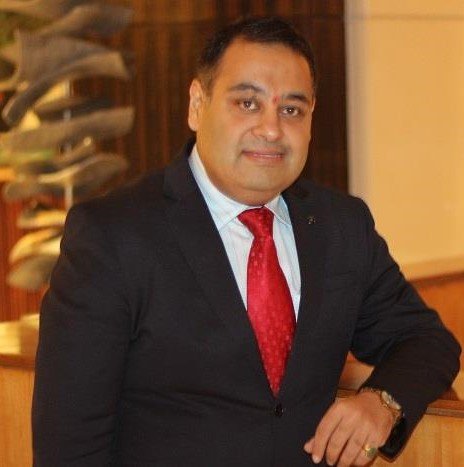National Medical bill Implications
August 02, 2019 | Friday | Views | By Dr. Gaurav Thukral
Dr. Gaurav Thukral, COO, HealthCare atHOME talks about National Medical Bill
Lok Sabha has recently approved the NMC and its due for tabling in Rajya Sabha. Also we see a lot of protests and uproar from doctor community, IMA and especially medical students. What does it mean for the existing and future doctors of the country?
Replacing MCI – a welcome move owing to the rampant corruption of the body. This will comprise of 25 nominated members for a tenure of 4 years and 4 boards looking after various affairs as below
- Undergraduate Medical Education Board
- Post graduate medical education Board
- Medical assessment and rating Board
- Ethics and Medical registration Board
What is still not clear is there any focus on revamping the medical curriculum with clear focus on
- Depth rather than breadth of syllabus – A fresh med graduate ok to know few important things which he / she is going to use more often or know everything which I am never going to use
- More practical usage of knowledge at the under grad level
- More focus on towards specialization from 3rd year onwards
- Patient communication – how do a doctor communicate with a doctor
- DNB degrees awarded by National Board of Examination is still not under the ambit of this commission and its constitutes 8000 seats in private hospitals
PG entrance examination to be merged with NEXT - exit licentiate examination for Indian and foreign medical graduates
Again a welcome move as it would hope to churn out medical graduates with some basic eligibility. This would help bridge the gap between the outcomes of a good and not so very good medical college. Also it would prevent suboptimal doctors getting the registration to practice and hopefully improve the quality of MBBS doctors.
However unlike in the west this is a single licentiate examination with no mandate of renewals. In absence of any clarity on the contours of the exam, there is a lot of mistrust and agitation amongst medical students as it impacts them in a big way
Control on the fee of only 50 % of seats of private medical colleges – this could be a double edged sword. At one end it will encourage more private players but at the same time dilute the impact of PMT. hopefully the exit exam will do the balancing act here
State MCI dilution - they will get replaced by advisory council but will lack teeth with more control of the central government. This could lead to over centralization of cases related to medical ethics and negligence hence leading to delays. Also the composition will give a state representation once in 10 years
Bridge course for non-doctors – This is one of the most controversial clauses and is getting a lot of back lash. It aims to induct one third of professionals into modern medicine by registering under this act to practice in periphery and preventive medicine by the name of community health providers. In absence of the checks and balances this might lead to legalization of quackery. Also it doesn’t clarify if this is applicable to Ayush professionals or Nurses and dentists too. Aiming at easing out the doc population ratio of India which is 1:1655 against a world average of 1:1000, this bill is also seen benefiting pharma companies with more prescription of allopathic medicines and setback to the virtues of Ayush models of medicine.
The government should balance out the pros and cons of the bill before enforcing the law with adequately addressing the concerns of medical community.









